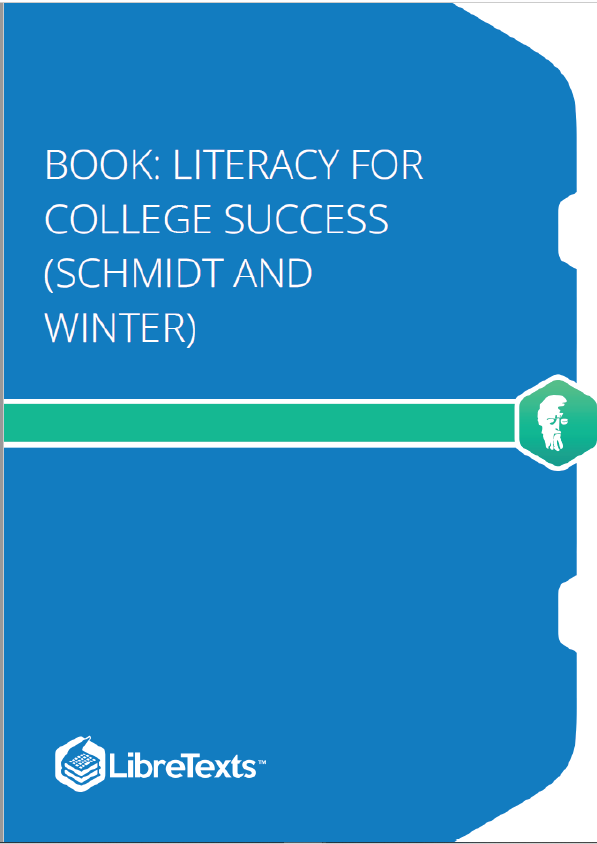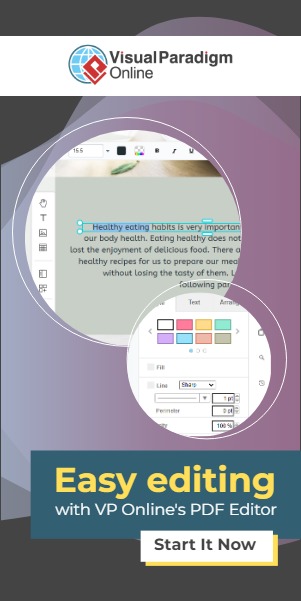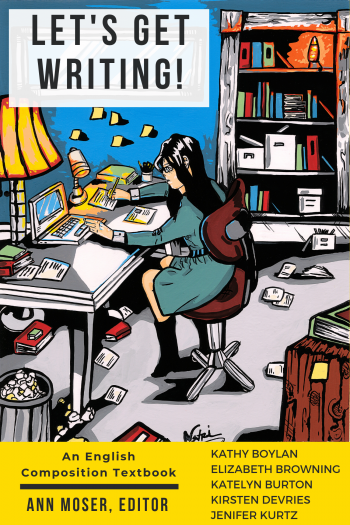Know Yourself: What is your Learning Style?
“Reading is a complex task. No single part of the brain can do all the work,” (Q. HE)
Believe it or not, we don’t all learn the same way. In fact, reading is a new enough behavior for humans that there is no wiring in our brains specifically for reading. Each and every one of us make those neural connections differently.
This is a good reason to pay attention to your learning preferences. Being aware of your own learning preferences can help you to use strategies and tools for learning that will support what you naturally do. Of course, it’s still important to use strategies that “stretch” your brain a bit too – you never know when you might need those other strategies!
The Importance of Organizing Your Space
People’s moods, attitudes, and levels of work productivity change in different spaces. Learning to use space to your own advantage helps get you off to a good start in your studies. Here are a few of the ways space matters:
- You need your own space. This may seem simple, but everyone needs some physical area, regardless of size, that is really his or her own—even if it’s only a small part of a shared space. Within your own space, you generally feel more secure and in control. If you don’t have access to that at home or in your dormitory, ask around (staff and students) to find the quiet and secluded study spaces on campus.
- Physical space reinforces habits. For example, using your bed primarily for sleeping makes it easier to fall asleep there than elsewhere and makes it a poor place to try to stay awake and alert for studying.
- Different places create different moods. One study space may be bright and full of energy, with happy students passing through—a place that puts you in a good mood. But that may actually make it more difficult to concentrate. Yet the opposite—a totally quiet, austere place devoid of color and sound—can be just as unproductive. Everyone needs to discover what space works best for himself or herself—and then let that space reinforce good study habits.
What’s the Best Study Space for You?
Begin by analyzing your needs, preferences, and past problems with places for studying. Where do you usually study? What are the best things about that place for studying? What distractions are most likely to occur there?
The goal is to find, or create, the best place for studying, and then to use it regularly so that studying there becomes a good habit.











